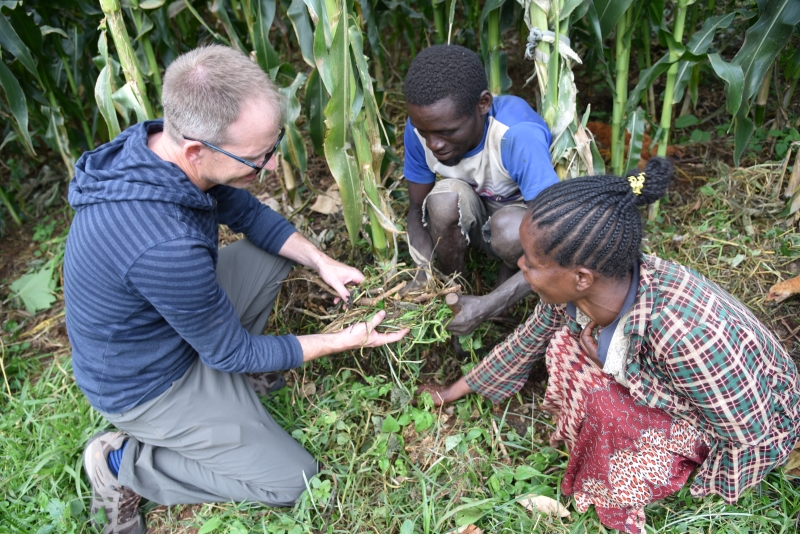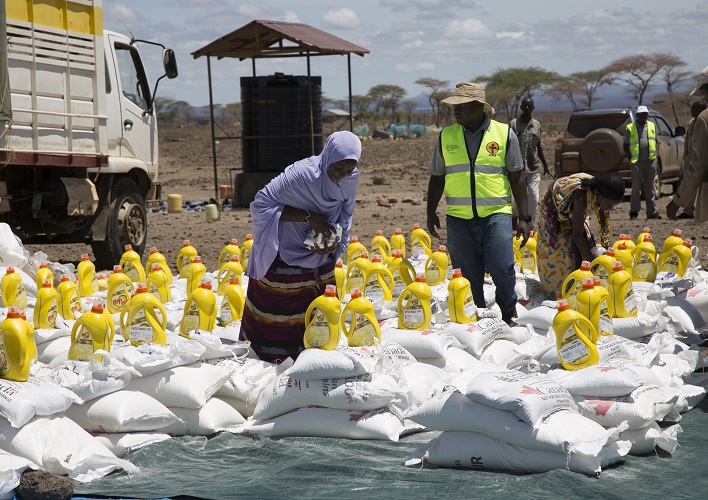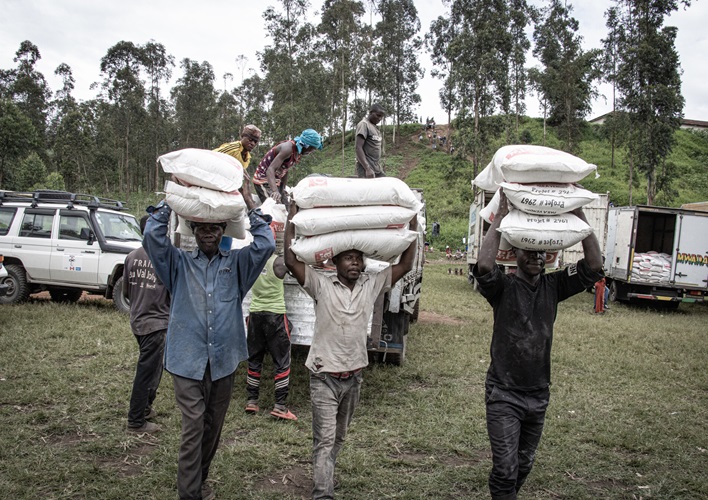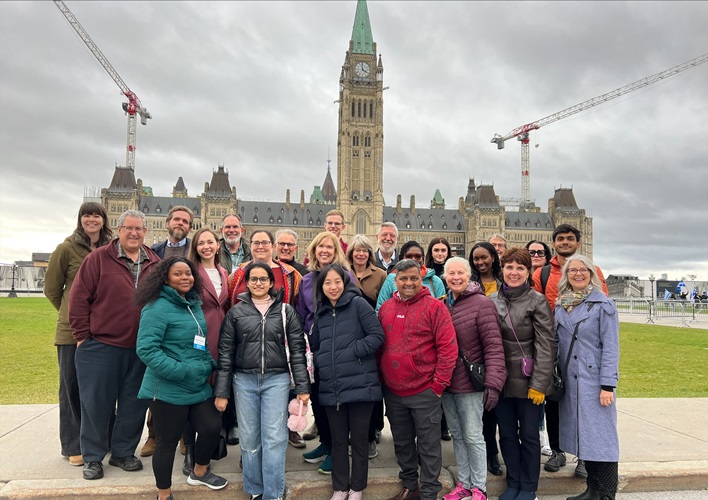Reflections from an Alberta farmer on conservation agriculture
My name is Grant Collins, and I’m a farmer and a teacher from Manning, Alberta. I first got involved with the fight to end world hunger through my father-in-law, Linus Becher, who was a champion for a local growing project here in Manning.
I don’t know what it’s like to be truly hungry myself, but being a Christian, feeding the hungry is something we’re called to do, and it allows me to be a part of something bigger than myself.
I had the opportunity to travel to Ethiopia on a learning tour with the Foodgrains Bank in summer 2019. On the tour, we visited projects that worked with small-scale farmers, promoting the use of conservation agriculture.
There was an obvious distinction between the crops grown traditionally versus those grown using conservation agriculture. Plant and soil health were noticeably improved, and the crops looked taller and more robust.
Increased mulch and reduced tillage have had a positive impact on our farm in Alberta, too. After implementing zero tillage over 15 years ago, we have seen an improvement in soil health and an increase in ability to withstand drought.
This ability to withstand drought and heavy rains is crucial. The Ethiopian farmers we visited told us weather has been more erratic compared to the past.
Here in Alberta, we have crop insurance, and other supports during tough growing seasons. But Ethiopian farmers don’t. Their survival and quality of life is directly tied to how much they grow.
Knowing that as a growing project leader my support is making a difference to other farmers around the world means the world to me. And as a teacher, I’m glad to be able to share what I’ve learned with my students and fellow educators. My hope is to plant seeds in my community that will grow awareness and the desire to support the fight to end world hunger.
Grant Collins




